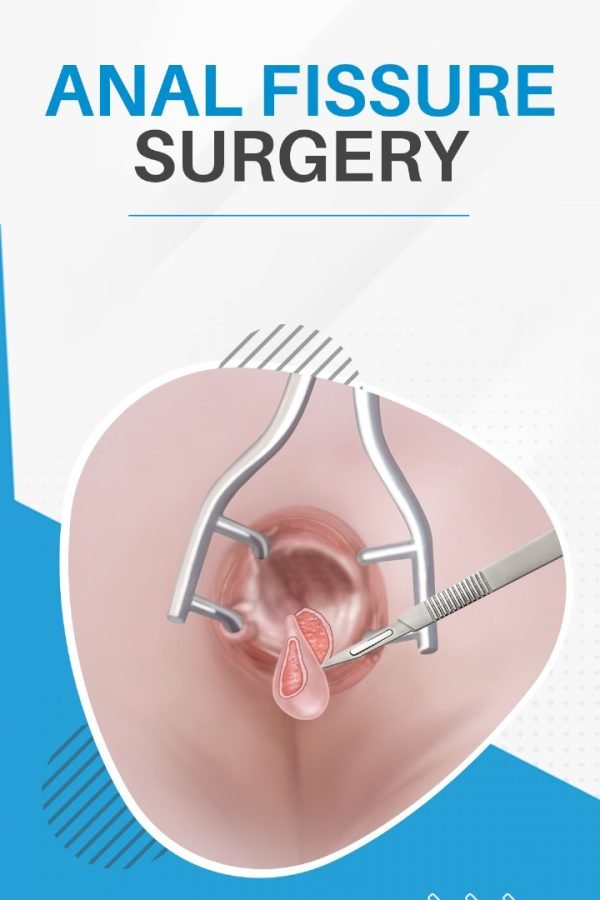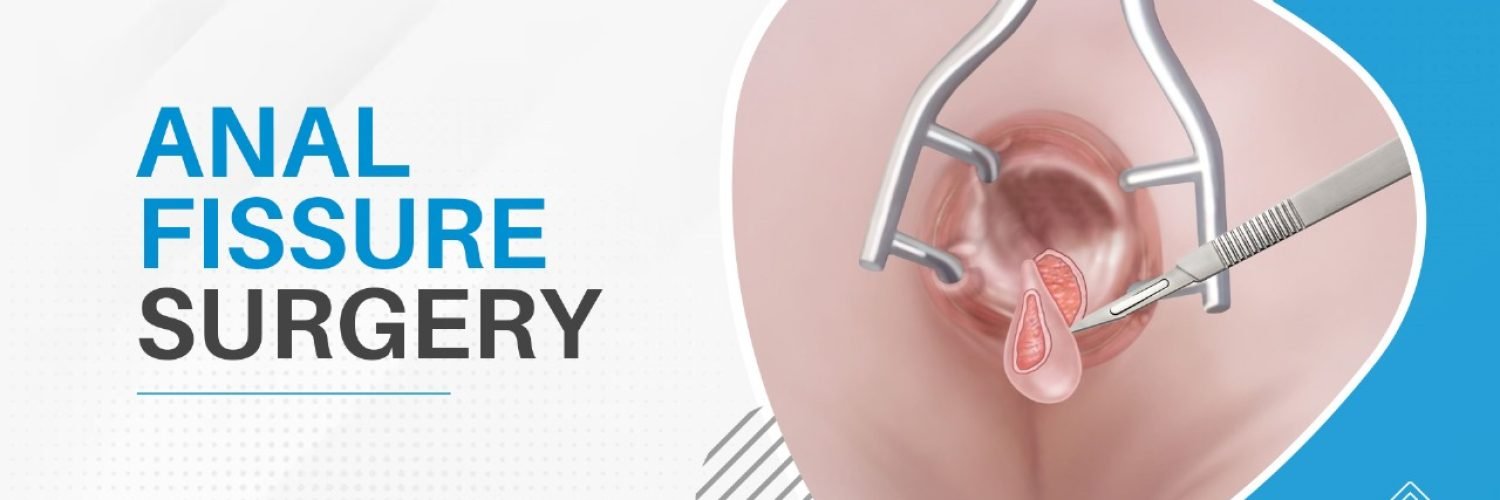- Abdominal Hernia Surgery in Dombivli
- Anal Fissure Laser Surgery in Dombivli
- Appendix Treatment in Dombivli
- Bariatric Surgery in Dombivli
- Best Laparoscopic Surgeon in Dombivli
- Blogs
- Cases Operated
- Colorectal Cancer Treatment in Dombivli
- Contact us
- Custom
- Dr Rahul Mahadar
- Dr. Dhanashree Mahadar
- Endoscopy Clinic in Dombivli
- Ent Surgeon in Dombivli
- Gall Bladder Cancer Surgery in Dombivli
- Gallbladder Stone Treatment in Dombivli
- Gastrointestinal Surgeon in Dombivli
- Hernia Surgeon in Dombivli
- Home
- How to Choose the Right Gastroenterologist Near You
- Laser Fistula Surgery in Dombivli
- Laser Piles Surgeon in Dombivli
- Pancreatic Cancer Treatment in Dombivli
- Services
- Specialities
- Stomach Cancer Treatment in Dombivli
- Testimonials
- Video


Anal Fissure Surgery
An Anal Fissure is a small tear or cut in the lining of the anus. It can cause pain, bleeding during bowel movements, and discomfort, making it a distressing condition for those affected. Anal fissures often occur due to trauma to the anal canal, typically from passing hard or large stools. Other causes may include chronic constipation or diarrhea, childbirth, or inflammatory bowel disease.
Why Surgery is Needed for Anal Fissure?
In many cases, anal fissures can heal on their own with conservative treatments such as dietary changes, stool softeners, and topical medications. However, some fissures become chronic or fail to heal despite these measures. Chronic anal fissures are characterized by persistent symptoms lasting for more than six weeks and often require more aggressive treatment, including surgery. Surgery may be recommended when conservative measures have been ineffective or when the fissure is severe and causes significant pain or bleeding.
Types of Anal Fissure Surgery-
Lateral Internal Sphincterotomy (LIS)
This is the most common surgical procedure performed for chronic anal fissures. During a lateral internal sphincterotomy, the surgeon makes a small incision in the internal anal sphincter muscle, which is the muscle that controls the opening and closing of the anus. By cutting this muscle, the sphincter is relaxed, allowing better blood flow to the fissure area and promoting healing. This procedure is usually done under local or general anesthesia and is associated with high success rates and low recurrence rates.
Fissurectomy
A fissurectomy involves the surgical removal of the anal fissure itself. This procedure is often performed in conjunction with other surgical techniques, such as a sphincterotomy or advancement flap repair, to ensure complete healing. During a fissurectomy, the surgeon excises the damaged tissue of the fissure and may also remove a small portion of the surrounding healthy tissue to promote healing.
Advancement Flap Repair
In cases where the anal sphincter muscle needs to be preserved, advancement flap repair may be performed. During this procedure, the surgeon creates a flap of healthy tissue near the anus and advances it over the site of the fissure to cover the area and promote healing. This technique is particularly useful for complex or recurrent anal fissures and helps to maintain anal sphincter function.
Anal fissure surgery is a highly effective treatment option for chronic or severe anal fissures that do not respond to conservative measures. Various surgical techniques are available, including lateral internal sphincterotomy, fissurectomy, advancement flap repair, and botulinum toxin injection, each tailored to the individual patient’s needs and the severity of their condition. It’s essential for individuals considering surgery to discuss their options thoroughly with a qualified healthcare professional to determine the most appropriate treatment plan for their specific situation.

